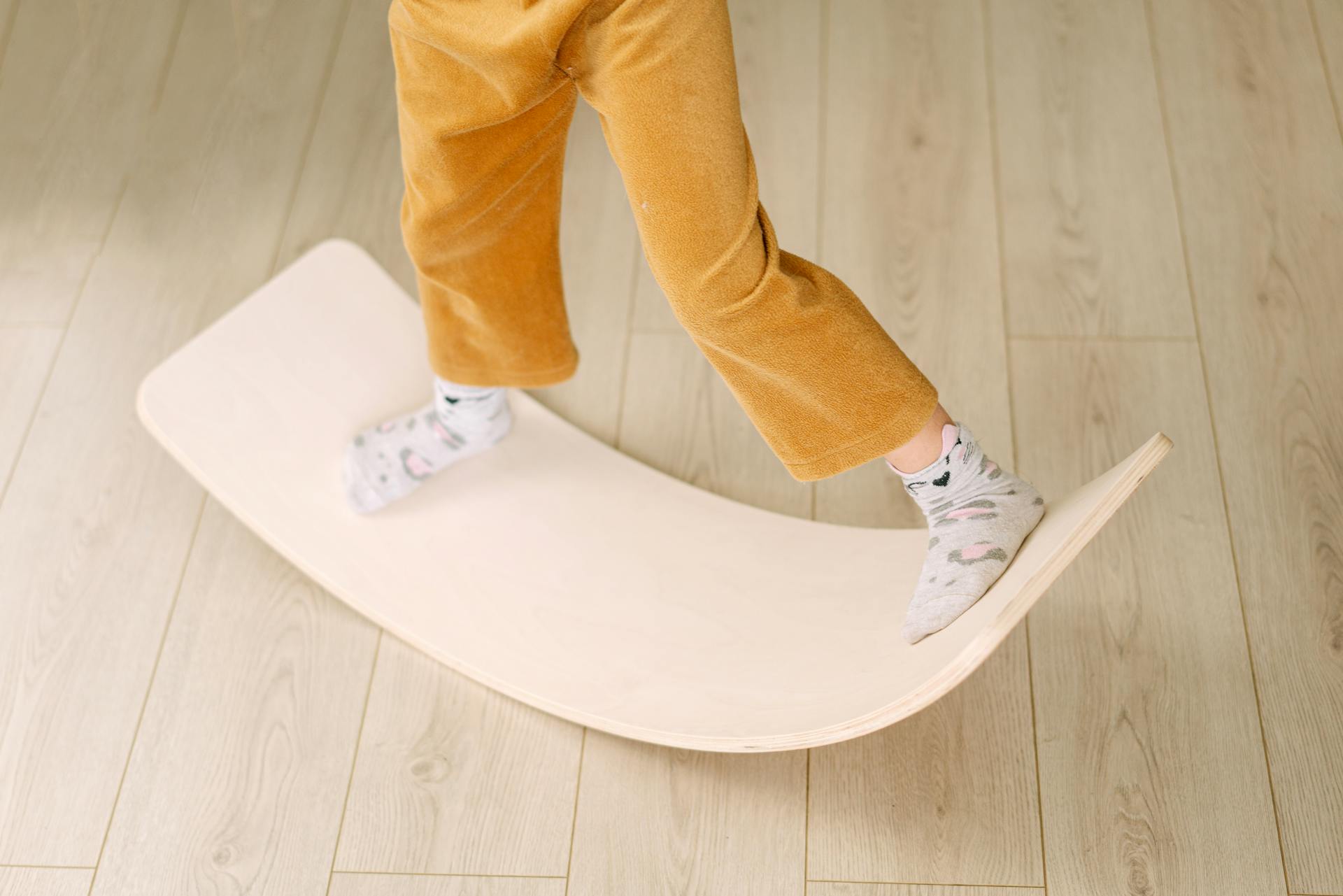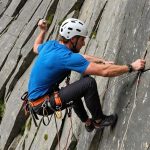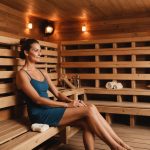Importance of Fine Motor Skills for Seniors
Fine motor skills are crucial for seniors, playing a significant role in daily activities like writing, eating, and dressing. These skills involve small muscle movements, typically in the hands and fingers, which are essential for maintaining independence. As individuals age, these skills can decline, impacting their ability to perform everyday tasks effectively.
The effects of aging can diminish fine motor capabilities, often leading to frustration and reduced confidence. This decline can result in difficulties in simple activities, increasing the reliance on others and affecting overall senior health. An older adult may find tasks that once seemed easy increasingly challenging, contributing to feelings of helplessness.
In parallel : Effective Bedtime Rituals for Seniors Battling Chronic Insomnia: A Comprehensive Guide
Furthermore, there is a strong link between fine motor skills and mental health in seniors. Engaging in activities that require these skills can keep the mind sharp, boosting cognitive functions and emotional well-being. Maintaining fine motor abilities can thus provide a sense of accomplishment and autonomy, playing a vital role in mental health.
Promoting these skills through targeted exercises can significantly enhance the quality of life for older adults, improving both their physical capabilities and mental resilience. Encouraging such activities ensures seniors can enjoy a productive and fulfilling life.
Also to discover : Boosting Memory in Seniors 75+: The Benefits of Cognitive Games for Enhanced Brain Health
Effective Exercises to Enhance Fine Motor Skills
To improve senior fitness and enhance motor skill improvement, incorporating targeted exercises is essential. These exercises focus on refining movements that require precision and coordination.
Simple Hand Exercises
Engaging in simple hand exercises can significantly boost hand flexibility and strength for seniors. Hand stretching promotes joint flexibility and reduces stiffness, enhancing overall dexterity. Here are a few easy exercises:
- Finger Spreads: Gently spread all fingers apart as wide as possible, hold for a few seconds, and then relax.
- Thumb Flex: Extend the thumb out, away from the palm, and then flex it inwards, touching the base of the little finger.
Safety is important; always perform these exercises slowly to avoid straining. Start with a few repetitions and gradually increase.
Finger Dexterity Activities
Activities designed for finger dexterity involve detailed and precise movements. Using tools like therapy putty, stress balls, or even a deck of cards can make these exercises enjoyable. Consider activities like:
- Sorting coins or small objects.
- Buttoning and unbuttoning shirts.
Incorporate play by turning exercises into games, further motivating engagement.
Upper Body Coordination Drills
Upper body coordination can be honed by combining arm movements with fine motor tasks. A beneficial routine might involve simultaneous arm lifts and hand dexterity work, such as using therapy balls. Remember posture; maintaining shoulder alignment and neck position enhances effectiveness and safety.
Addressing Challenges in Exercise Implementation
For seniors, beginning an exercise routine can often pose significant challenges. Common barriers include physical limitations, lack of motivation, and insufficient knowledge about appropriate exercises. These challenges for seniors are not insurmountable, but they require tailored approaches to overcome.
Role of Caregivers
Caregivers play a crucial role in supporting exercise adherence and boosting motivation. They provide essential emotional and practical support, encouraging seniors to engage in regular physical activity. By understanding the unique needs of their care recipients, caregivers can create a positive and supportive exercise environment.
Solutions and Adaptations
Adapting exercise routines to suit diverse mobility and health levels is vital for successful implementation. Here are some practical tips for overcoming exercise adherence issues:
- Focus on low-impact activities such as walking, stretching, or chair exercises, which are easier for seniors to manage.
- Gradually increase the intensity and duration of exercises to build confidence and stamina.
- Utilize assistive devices or equipment like resistance bands to enhance safety and effectiveness.
Through thoughtful adjustments and caregiver tips, seniors can maintain an active lifestyle that enhances their overall well-being. This approach not only addresses their physical needs but also empowers them to stay motivated in their exercise journey.
Tracking Progress and Maintaining Motivation
Staying motivated can be a challenge, especially for seniors engaging in fine motor skill exercises. Tracking progress is pivotal in maintaining enthusiasm and achieving milestones.
Setting Achievable Goals
Establishing realistic goals is crucial. For older adults, disallow the intimidation of overwhelming targets by breaking them down into manageable steps. For example, aim to improve grip strength by performing ten repetitions of a specific hand exercise, increasing this gradually. Goal setting becomes effective when it involves precise, measurable objectives, such as grasping a soft ball or threading beads within a certain timeframe.
Monitoring Improvement
Tracking progress not only highlights advancements but also fuels motivation. Suggested methods include regular assessments using simple tools such as fine motor skill apps or tests, which measure dexterity and coordination. Journaling can serve as a powerful method for noting daily improvements, offering a tangible progress chart that encourages seniors. Recording successes, no matter how small, lays a foundation for confidence.
Encouragement and Motivation Strategies
Maintaining motivation for seniors is facilitated through social support. Participating in group exercises or classes fosters a sense of community, significantly enhancing motivation. Celebrating achievements, even minor ones, plays an indispensable role in bolstering morale. Encouragement from peers or family members often acts as a catalyst for sustained enthusiasm.
















